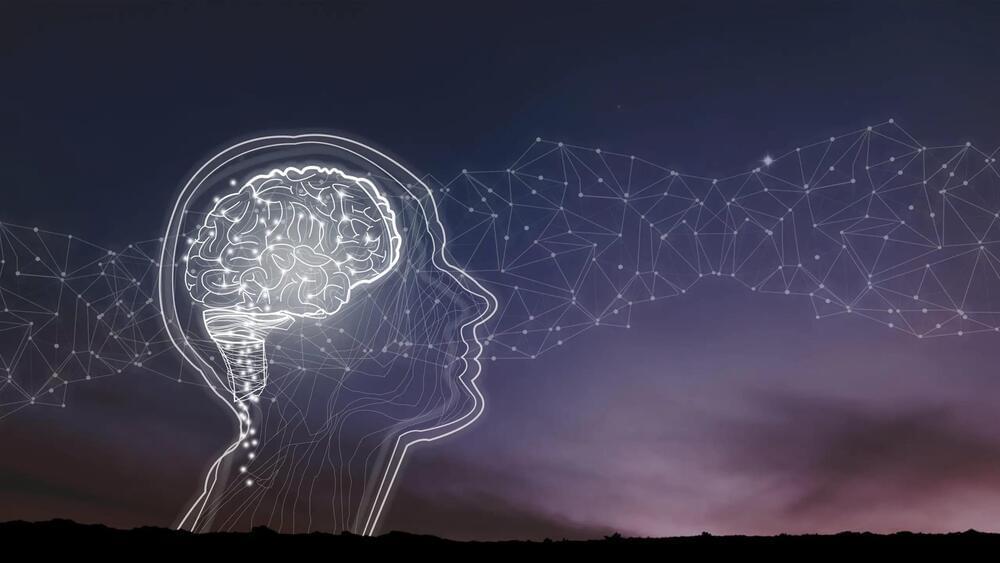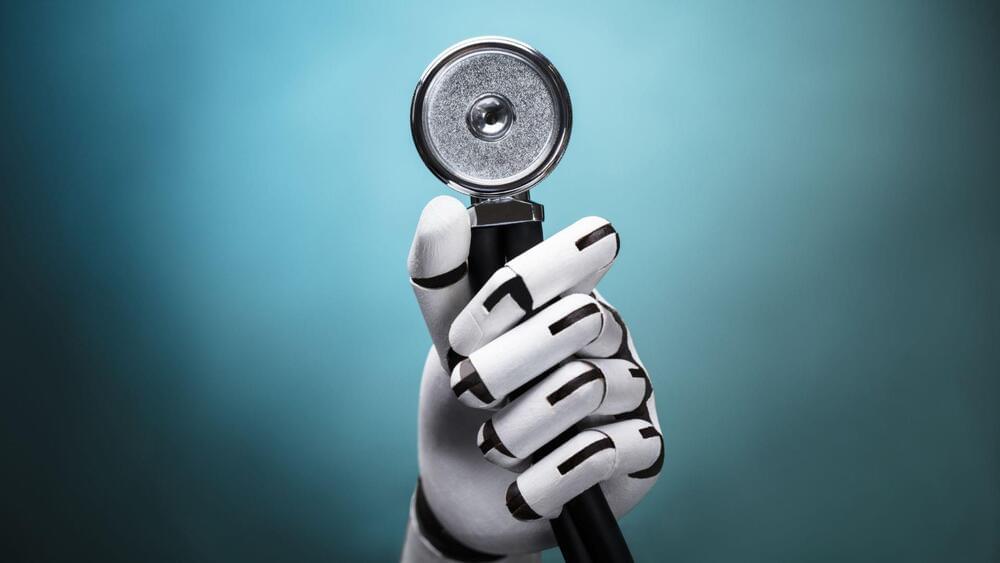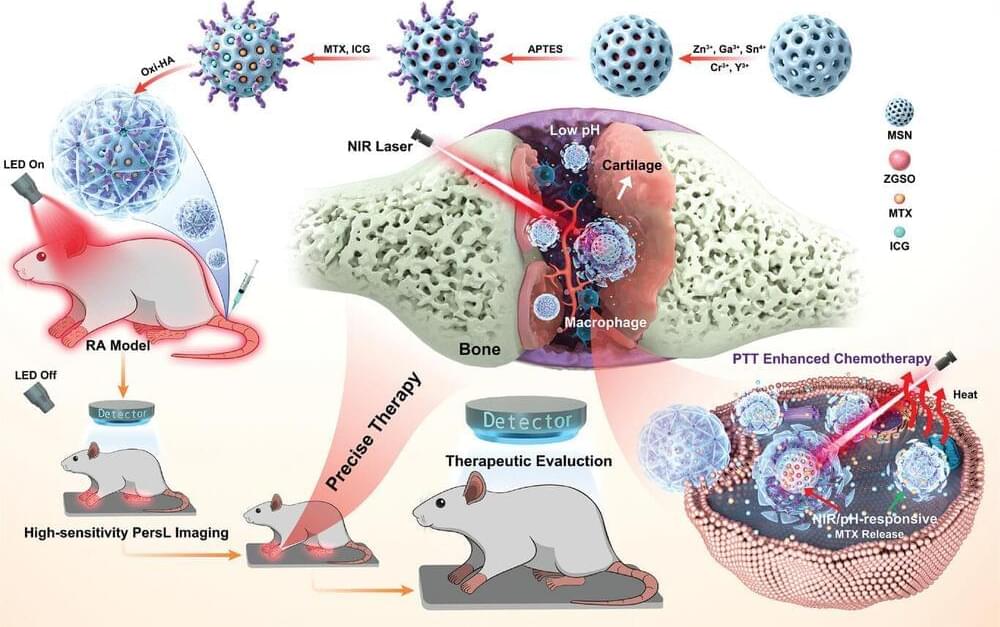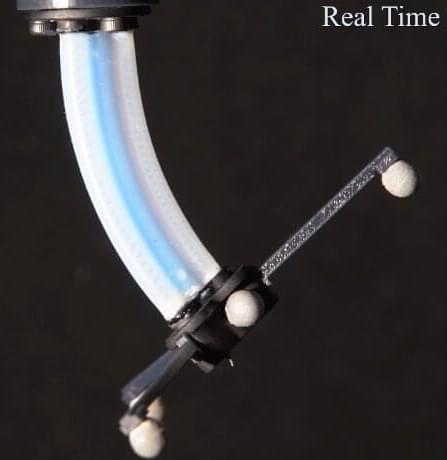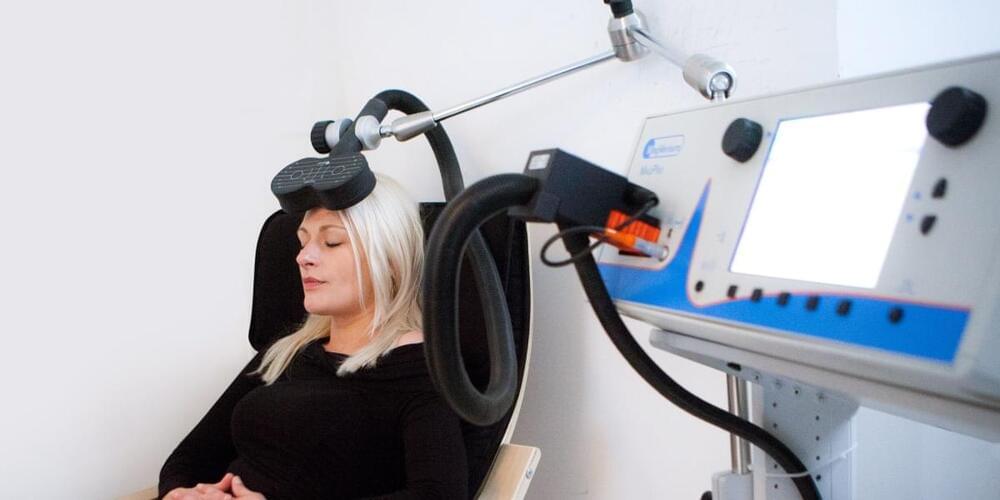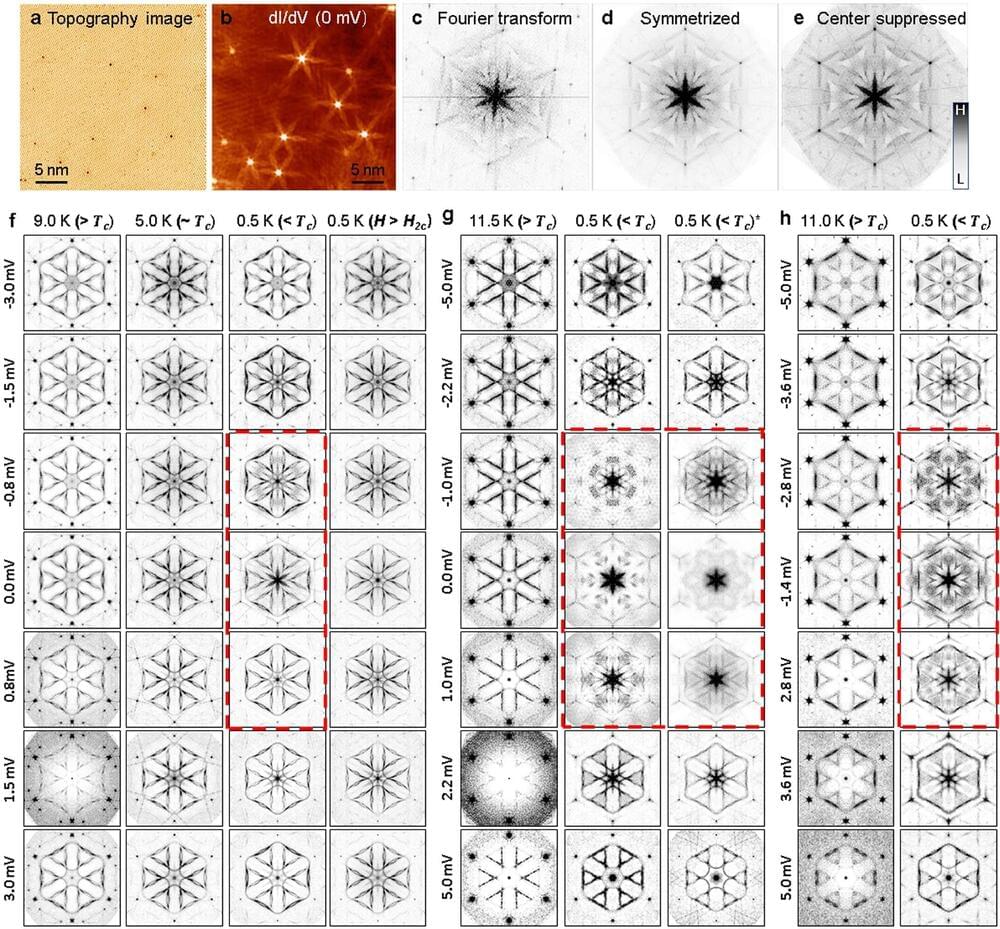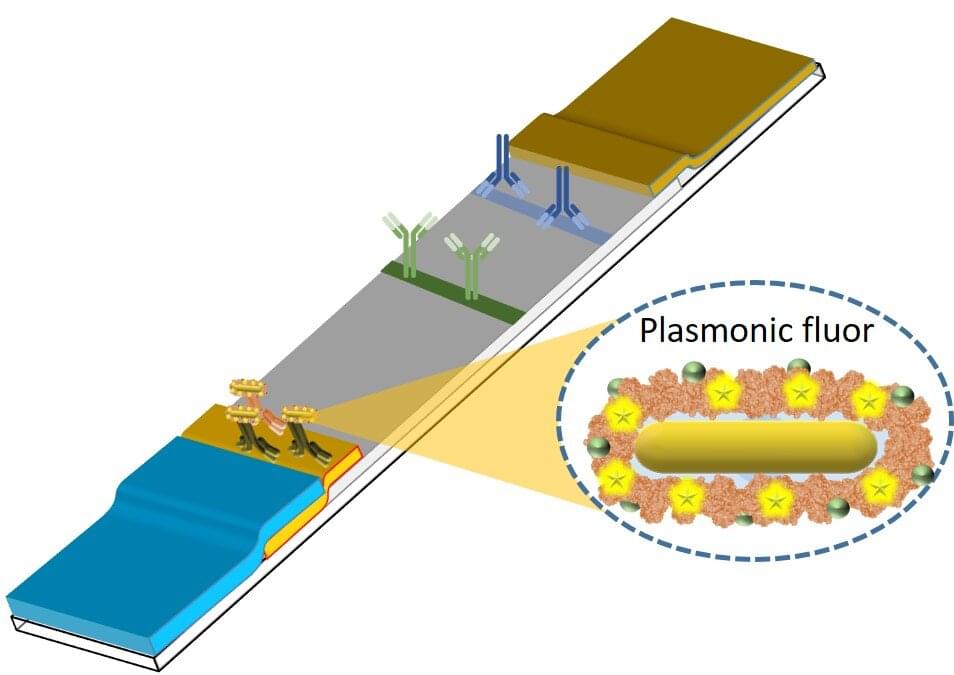Feb 10, 2023
Recovering “Hidden Knowledge” — How an Asthma Medication Could Restore Memories
Posted by Genevieve Klien in categories: biotech/medical, genetics
Students often sacrifice sleep to study for exams, but lack of sleep can negatively impact memory. Now, University of Groningen neuroscientist Robbert Havekes has found that sleep deprivation hinders recall, not retention of information. Havekes and his team used optogenetics and the drug roflumilast to make “hidden knowledge” obtained while sleep-deprived accessible again days later. Their findings were recently published in the journal Current Biology.
Havekes, associate professor of Neuroscience of Memory and Sleep at the University of Groningen, the Netherlands, and his team have extensively studied how sleep deprivation affects memory processes. “We previously focused on finding ways to support memory processes during a sleep deprivation episode”, says Havekes.
However, in his latest study, his team examined whether amnesia as a result of sleep deprivation was a direct result of information loss, or merely caused by difficulties retrieving information.
